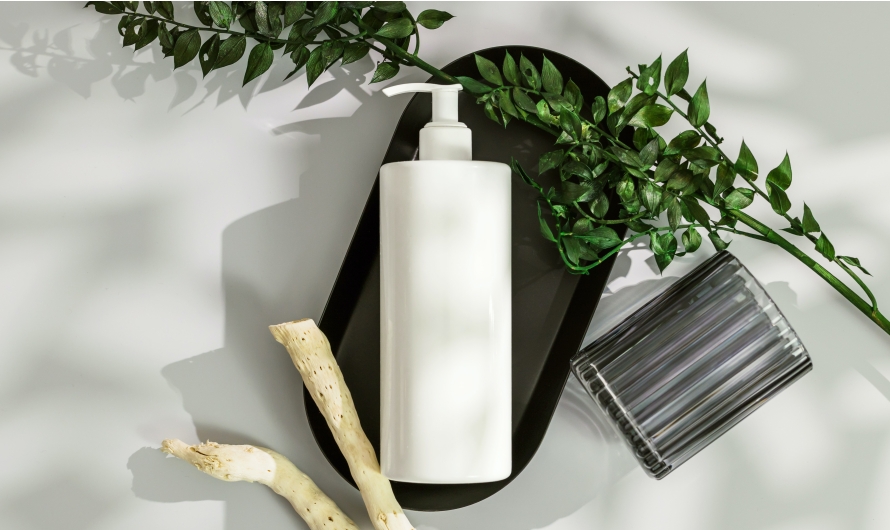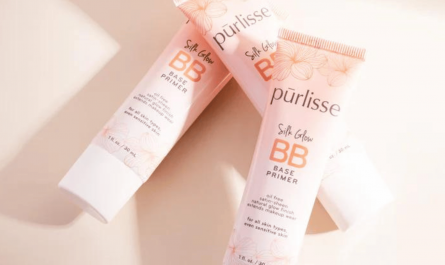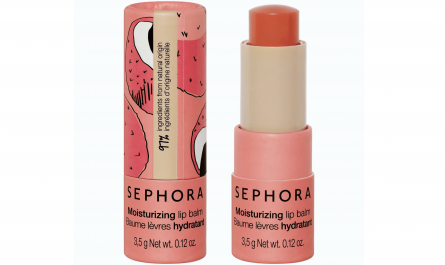Many popular shampoos contain concerning chemicals that can damage hair, irritate skin, disrupt hormones, and pollute waterways. Here are some of the most problematic ingredients to avoid in conventional shampoos:
Sulfates
Harsh detergents like sodium lauryl sulfate (SLS) and sodium laureth sulfate (SLES) are added to create a sudsy lather. But sulfates can strip away natural oils, leaving hair dry and brittle. They may cause irritation or trigger allergies.
Parabens
Preservatives like methylparaben are linked to hormone disruption and reproductive toxicity. They can be absorbed into the scalp and have been detected in breast cancer tumors.
Formaldehyde
Formaldehyde-releasing preservatives like quaternium-15 help prevent bacterial growth. But formaldehyde is a known human carcinogen that can damage hair protein and irritate skin.
Phthalates
Added to fragrances to help them last longer, phthalates like diethyl phthalate (DEP) are associated with developmental, reproductive, and endocrine toxicity. Some are possible carcinogens.
Artificial Fragrances
The catch-all term “fragrance” on labels can hide hundreds of synthetic chemicals. Fragrance allergies are common, causing conditions like contact dermatitis for many people.
Benefits of Using Natural, Chemical-Free Shampoos
Choosing gentler, plant-based shampoos without any harsh chemicals offers multiple advantages for your hair, health, and the planet:
Gentler Cleansing
Instead of sulfates, natural shampoos use mild cleansers like plant oils and extracts to wash away dirt and oil without stripping your hair. Your hair retains its natural moisture.
Nourish Hair
Ingredients like aloe vera juice, coconut oil, and shea butter cleanse while infusing hydration. Vitamin and antioxidant-rich botanicals nourish hair, boost shine, and protect against damage.
Safe for Color-Treated Hair
Sulfate-free natural shampoos help colored hair retain vibrancy and last longer between dye jobs. Gentle enough for daily washing of color-treated hair.
Environmentally Friendly
Free of toxic chemicals that pollute waterways and hurt aquatic life. Biodegradable plant-based formulas are eco-friendly and sustainable. Cruelty-free, vegan options available.
Healthier Scalp
Plant oils moisturize and calm the scalp. Antifungal botanicals treat issues like dandruff naturally. No irritants that can cause contact dermatitis or aggravate sensitivities.
What to Look for in Natural Shampoos
When shopping for a non-toxic shampoo, check labels for these qualities:
Botanical Ingredients
Look for plant-derived cleansing agents and conditioners like coco glucoside, fatty alcohols, aloe vera, shea butter, and natural seed oils. Avoid synthetic thickeners and foaming agents.
No Sulfates or Parabens
Ensure no harsh sulfates, parabens, formaldehyde, phthalates, or other chemicals are listed in the ingredients. Terms like “sulfate-free” or “paraben-free” on the label offer quick confirmation.
No Artificial Fragrances
Steer clear of generic “fragrance” or “parfum” ingredients, which likely contain phthalates and synthetic perfumes. Opt for shampoos scented only with pure essential oils.
Organic or Sustainably Sourced
Seeking out third-party certifications like USDA Organic, sustainably harvested, or fair trade ensures environmentally responsible and ethical sourcing of botanical ingredients.
Transparent Labeling
Reputable natural brands clearly list all ingredients on labels without vague catch-all terms. Look for brands committed to transparency about what goes into their products.
Make Your Own Natural Shampoo at Home
Making homemade shampoo allows you to control exactly what ingredients go on your hair. Here’s a simple starter recipe:
Basic Recipe
- 1/3 cup liquid castile soap
- 1 tsp vegetable glycerin
- 1 tsp jojoba, olive, or coconut oil
- 8-10 drops essential oils (optional)
- Filtered water
Mix ingredients, adding water until desired consistency is reached. Decant into a bottle and shake before use.
Oils and Extracts
Customize your shampoo by selecting nourishing oils like:
- Avocado, argan, grapeseed, sunflower
- Honey & propolis extracts
- Tea tree, rosemary for scalp health
- Peppermint for stimulation
Essential Oils
Add your favorite aromatherapy scents like:
- Lavender, bergamot, lemon
- Ylang ylang, clary sage
- Rosemary, cedarwood, thyme
- Patchouli, sweet orange, lemongrass
Liquid Castile Soap
Derived from vegetable oils. Use unscented or very mild. Can substitute with:
- Dr. Bronner’s is a popular brand
- Natural liquid hand/body soap
- Diluted shampoo root like soapnuts
Washing Soda or Clay
For thicker hair, add mild thickening agents:
- 1 tsp washing soda (sodium carbonate)
- 1 tsp bentonite, rhassoul or kaolin clay
- 1 tsp hydroxyethyl cellulose
Tips for Transitioning to Natural Shampoo
Switching from chemical-laden shampoos to pure, botanical formulas can take some adjustment. Here are handy tips for a smooth transition:
Clarify First
Use an apple cider vinegar rinse to remove product buildup before switching. Helps your hair and scalp adapt.
Give It Time
It may take a few weeks for hair to get used to less lather and adjust to new cleansers. Stick with it!
Use Conditioner
Continue using your favorite chemical-free conditioner while transitioning. Helps add slip and moisture.
Wash Less Frequently
Train hair to need less washing by gradually extending time between shampoos. Allow natural oils to balance.
Brush Thoroughly
Natural shampoos rely on mechanical action. Take time to thoroughly brush and massage while washing.
Conclusion
Healthier hair and a cleaner conscience are wonderful incentives to make the switch to natural, botanical shampoos without harsh chemicals. Protect your body and the environment while still effectively cleansing dirt and oils from hair. Discover greener products with gentler plant-based ingredients that nourish strands instead of stripping them. With a few adjustments, you’ll never miss chemical-laden shampoos again!
FAQs
Q: Will I have less lather with natural shampoo?
A: Yes, the sulfates in conventional shampoo create abundant foam, while plant-based cleansers produce less lather. Focus on how your hair feels instead of the amount of bubbles. You’ll notice much more hydration.
Q: Can natural shampoo clean as well as regular shampoo?
A: When chosen well and used properly, natural shampoos cleanse very effectively without residues. Certain hair types may require an adjustment period. Use clarifying treatments and scrub hair well with fingertips when washing.
Q: How can I make my own natural shampoo?
A: Basic homemade shampoo can be whipped up with a liquid castile soap base plus oils like coconut or jojoba. Add botanical extracts like aloe juice for cleansing and moisture. Essential oils provide aromatherapy benefits.
Q: Are natural shampoos safe for color-treated hair?
A: Yes, sulfate-free natural shampoos are ideal for colored hair since they are gentle and help preserve dye. Avoid shampoos with salt, citrus, or clarifying ingredients which can cause fade. Nourishing oils keep color vibrant.
Q: Do natural shampoos help with dandruff?
A: Absolutely. Anti-fungal oils like tea tree, eucalyptus, and rosemary treat dandruff without harsh chemicals. Natural shampoos also hydrate and calm the scalp to prevent dryness and itching that can cause flakes.




